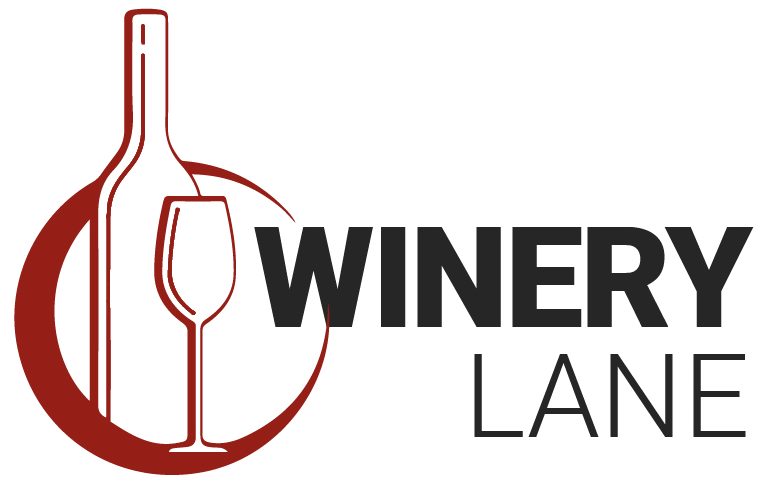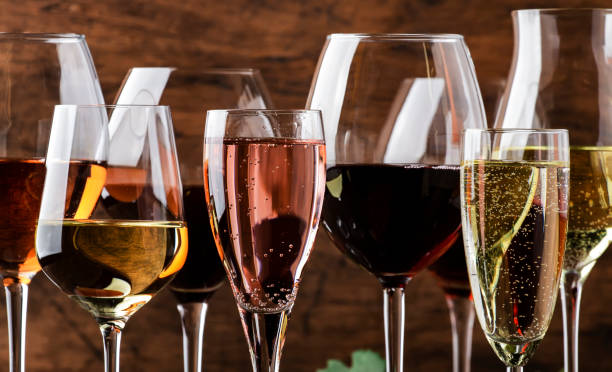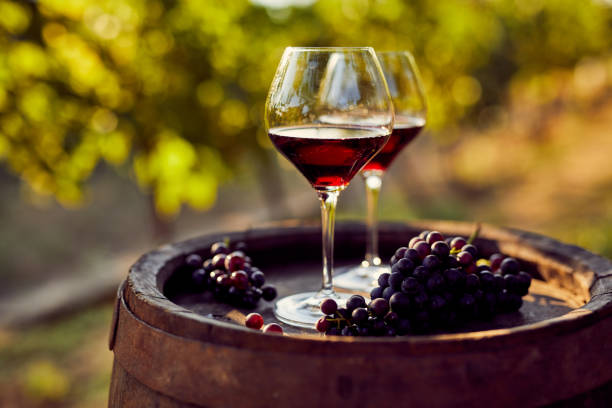Wine Daydreams
You are at a wine tasting. You are caught up in the moment. You are now daydreaming of quitting your job to grow Pinot Noir and drinking wine all your life. Sounds familiar?
This has happened to you, as you can imagine. It has happened many times. The fact that wine is not just a beverage has always intrigued me. It is much more. It is more than that. It is the story of how vines were planted on a piece of land, the grapes grown by viticulturists, and the wine created by the winemaker. Wine encompasses everything, including History, Art and Science, Geography, Culture, and Geography. All these factors must be carefully balanced and considered to produce a fantastic wine.
I am obsessed with the subject of wine. Parallel to my daydreams, I was completing the WSET and Wine Scholar Guild certifications for two years. I absorbed all the information that I could. It was not until I visited the Priorat vineyards in Spain that everything clicked. I was on a tour of a Perinet wine estate, where we walked through the vineyards and tasted wines straight from the barrel. Here I learned about the role of a winemaker and was completely inspired. After returning from Spain, I decided I wanted to become a winemaker. I began researching possible courses.
Picking Plumpton
It was easy to choose Plumpton College. I wanted to be part of a time when the British Wine Industry was incredibly innovative and refreshing. The Plumpton College campus, located in the Sussex countryside, has fantastic facilities, including a winery, vineyard, laboratories, and a tasting area.
The 18-month MSc in Viticulture and Oenology was one of the courses I found interesting. Since I already have an undergraduate Microbiology degree (from around ten years ago), it was possible to apply directly for the MSc.
Dr Heber Rodrigues is a Plumpton lecturer and the MSc Viticulture and Oenology Programme manager. He shared his thoughts on the course. “Our Masters of Viticulture and Oenology are unique in the way they cater to both the Wine Industry and the academic community. I am a sensory expert, and it is a pleasure to share my knowledge of perception with students and to help them build their wine sensory skills. Dr Heber Rodrigues has a PhD in Perception and Sensory Sciences and is a researcher in Wine, Culture and Perception.
Plumpton also offers undergraduate degrees, apprenticeships, and part-time courses in addition to the Master. Many of their alums have also had great success. Elizabeth Mellish is a second year Masters student. She said: “Plumpton connected me with great people in this industry and I have made lifelong friends.” Plumpton has helped me gain a more comprehensive understanding of winemaking, including the science involved. This was made possible by doing practical work in labs, including: malolactic fermentation tests, residual sugar tests, alcohol measurements, bentonite experiments, and SO2 measurement.
I applied as soon as possible and was grateful when I was accepted for the course a few months later. I started thinking after being accepted. As I only spent a few days picking grapes in Burgundy, I wanted to ensure that I gained practical experience. Ultimately, I was looking to ensure that this would be the right route for me. I also wanted to know that I’d enjoy the practical aspects before I embarked on an MSc program at Plumpton.
Flying to South Africa
It was this that led me to South Africa, where I completed a two-month harvest internship at Groot Constantia – the oldest wine estate of South Africa. It was liberating to move to Cape Town alone after leaving my job in The City. Over the course of two months, I fell in love with Cape Town. I also developed a love for sunset hikes on midweek evenings, and became obsessed with Methode Cap Classique. The internship was amazing. The internship was much work. It required long hours and manual labor (like any winemaker would do), but I gained a wealth of knowledge. I spent most of my days in the vineyard, testing the grapes to determine their flavor and ripeness. In the afternoons, I would punch down and pump over the wine. I spent my time in the laboratory, where I ran all the standard tests for pH, Brix, and TA.
Anyone serious about wine should experience a winery. You will be amazed at how much work goes into making a wine bottle (and the amount of cleaning that is involved).
In a Nutshell, the course
After my time in South Africa, I am now just over six months into the full-time MSc Viticulture and Oenology program at Plumpton. In September, we began our first term with a mix of online and face-to-face teaching. Modules on grapevine physiology, as well as still winemaking techniques, were included. Making our own orange wines in small groups has been one of the most interesting projects so far. We were given some PIWI Muscaris (fungus-resistant) grapes, which we picked, crushed, pressed, and chaptalized, before adding yeast to start fermentation. We have also worked on our sensory skills. This includes detecting the sugar and salt content in wine. As it is a Science Masters course, the course is mostly theoretical. The prior practical experience comes in handy.
The second semester has focused more on enhancing the knowledge gained in the first semester. Modules on climate change, innovation, sparkling wine and research methods have been introduced. We have also had guest speakers from around the world give presentations in our virtual class, as we were unable to go to college because of COVID. This year, some of our assessments have focused on English vineyards. It’s exciting to learn about such an innovative and exciting industry. It’s been great to gain a deeper understanding of the effects of climate change on UK viticulture and sustainable processes. This Masters degree has given me a solid understanding of Wine Science.
The college is friendly and approachable. The staff makes you feel like a part of the community and welcome. Our Masters course is made up of 13 students, and I personally know all the lecturers, teaching staff, and my fellow course mates. Two of my classmates told me what they liked about Plumpton. Rupert Lovie stated, “I really enjoy the balance between scientific research and practical instruction in the MSc program.” It was an eye-opener, and there were steep learning curves. But having a good cohort to share it with made the experience more enjoyable. Plumpton College offers a wonderful study environment, with the South Downs vineyards right on your doorstep. Tim Ferris also said that the College was a transformative experience, not just a transactional one.
In the end, though, I have loved meeting other like-minded students. Some of them are already working in UK Wine Industry, and some already own vineyards.




